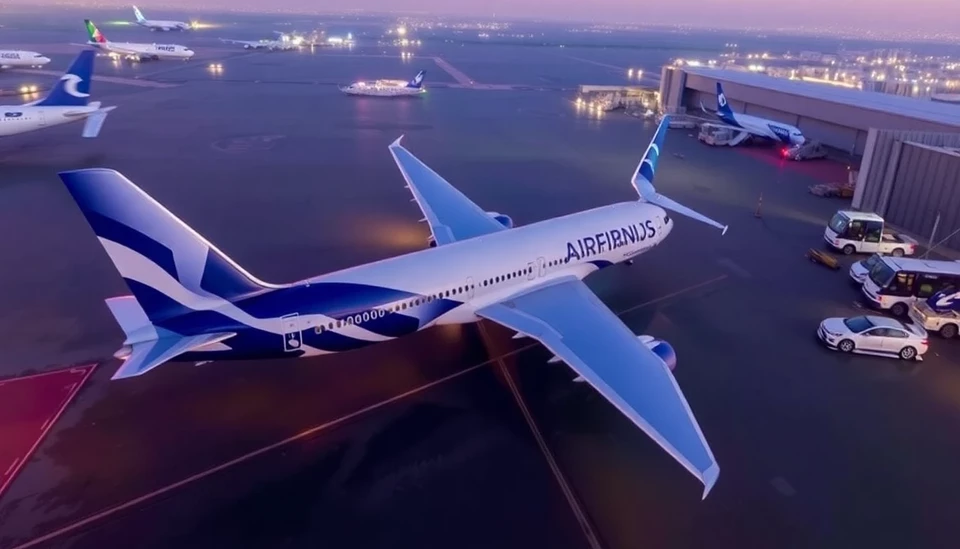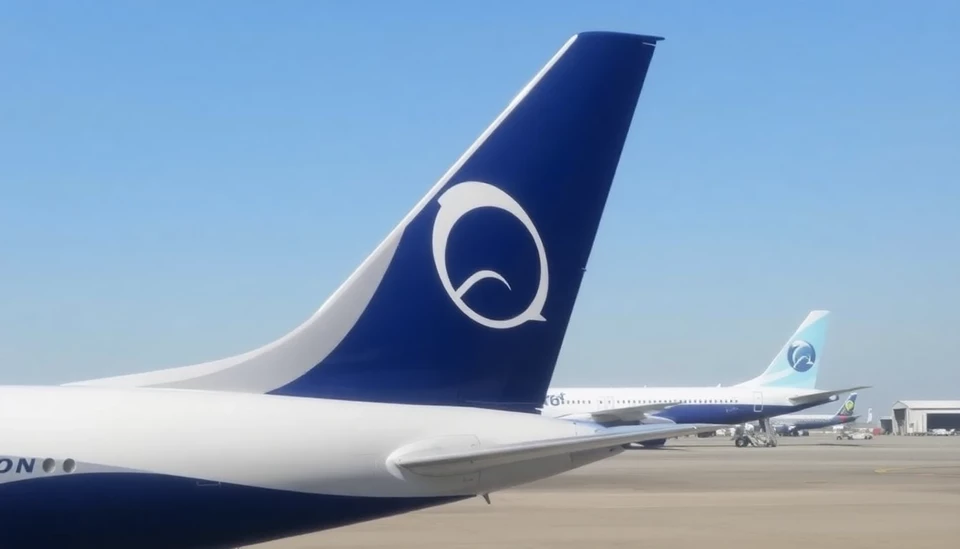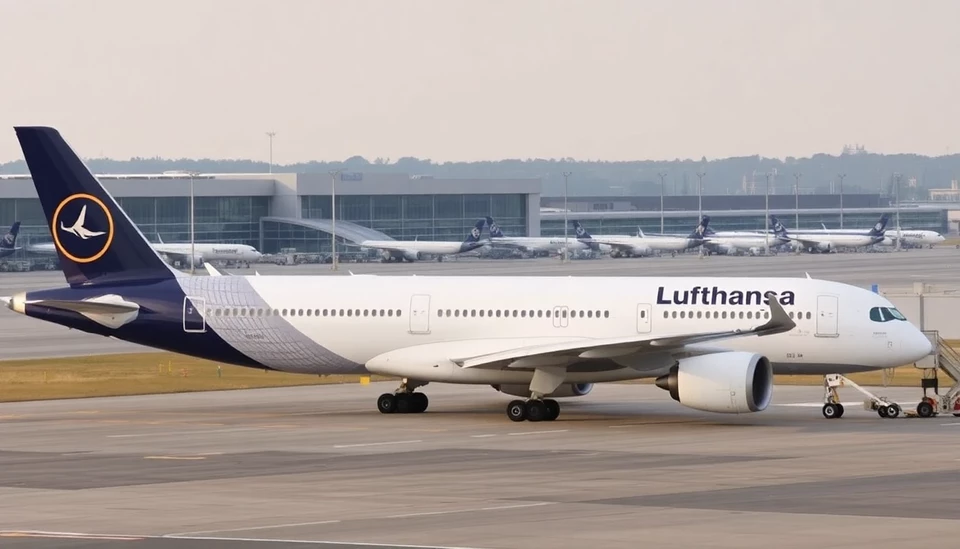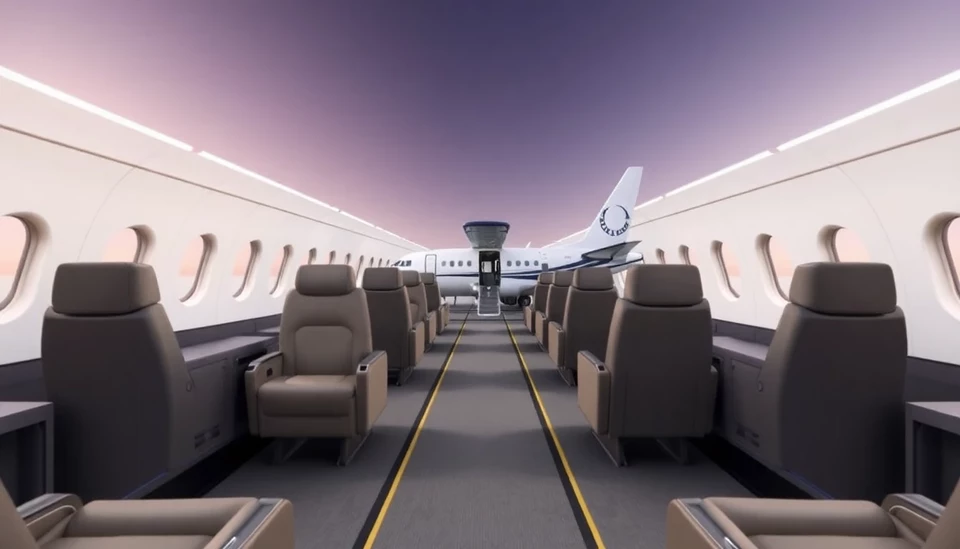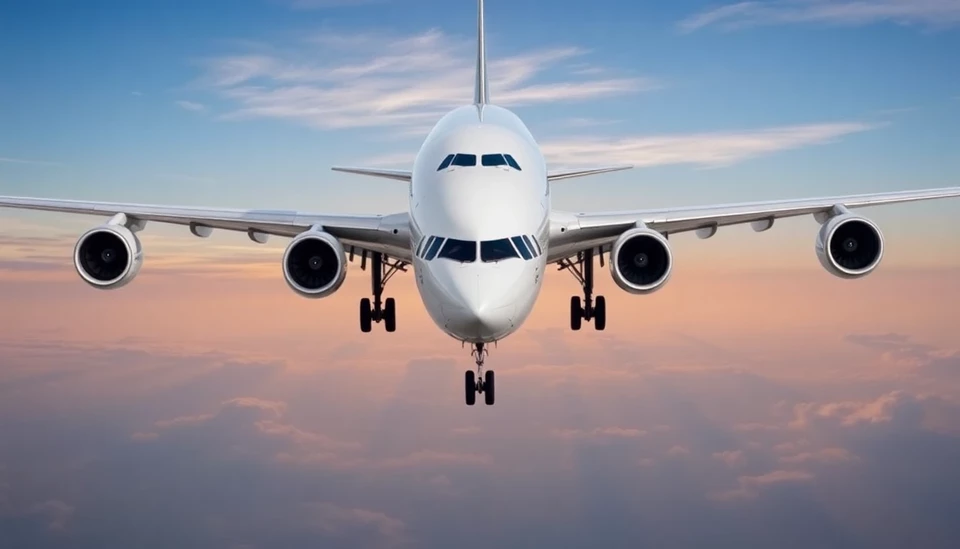
In a remarkable turnaround, Airbus has successfully delivered a total of 766 aircraft in 2024, overcoming challenges that initially hampered its production rate at the start of the year. This achievement marks a significant rebound for the aerospace giant, illustrating its resilience and ability to adapt in a fluctuating market environment.
The year began with Airbus facing a slower-than-expected start due to various supply chain issues and labor shortages, which had raised concerns among analysts and investors about the company’s ability to meet its ambitious delivery targets. However, the European manufacturer implemented strategic measures to enhance its production processes, streamline operations, and bolster workforce efficiency. These efforts have ultimately paid off, as the company not only caught up but also exceeded its delivery goals for the year.
Airbus’s impressive delivery figures for 2024 can be attributed to a robust demand for new aircraft fueled by a global resurgence in air travel. As airlines continue to expand and modernize their fleets to accommodate rising passenger numbers, the need for efficient and environmentally friendly aircraft has put Airbus in a favorable position. The Airworthiness Certification of the A320 and A350 models, in particular, played a critical role in driving delivery numbers.
Among the delivered jets, a significant portion consisted of Airbus's popular A320 family, which has seen strong orders from various airlines looking to capitalize on the post-pandemic travel boom. The single-aisle A320, known for its fuel efficiency and versatility, remains a preferred choice for both regional and international carriers, further cementing Airbus’s market position against competitors.
Moreover, Airbus has also made strides in expanding its footprint in the wide-body aircraft market, notably with the A350 series. The increasing demand for long-haul travel has propelled airlines to invest in these larger jets to cater to their international routes, thereby boosting overall sales and orders for Airbus.
The manufacturer has also emphasized its commitment to sustainability, highlighting efforts to incorporate greener technologies, such as the push towards hydrogen-powered aircraft by 2035. This vision has resonated well with investors and stakeholders who are increasingly focused on corporate responsibility and the environmental impact of aviation.
Looking ahead, Airbus remains optimistic about sustaining this momentum into 2025 and beyond. By leveraging technological advancements, focusing on supply chain resilience, and maintaining customer relationships, the aerospace titan is well-positioned to continue its growth trajectory as a leader in the global aviation market.
As 2024 draws to a close, investors and industry experts will be closely monitoring Airbus's performance and strategic decisions to gauge its ability to navigate challenges and capitalize on future opportunities in an ever-evolving industry landscape.
#Airbus #AviationNews #AircraftDelivery #A320 #A350 #Aerospace #Sustainability #AirTravel #MarketRecovery
Author: Victoria Adams
